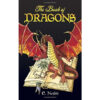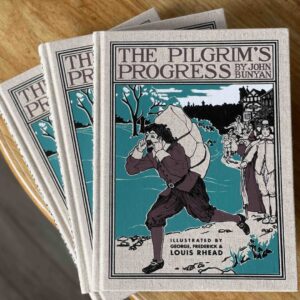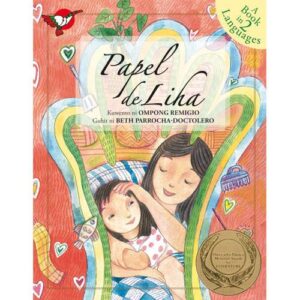Understood Betsy
₱ 550.00
By: Dorothy Canfield Fisher
Nine-year-old Elizabeth Ann has been raised in the city by loving but overprotective aunts who speak in disapproving whispers of “those horrid Putney cousins.” So imagine the child’s shock when she‘s forced to move in with the dreaded country kin. They keep pets in the house! They eat in the kitchen and expect her to walk to school by herself! But little by little, as she helps with the chores around the farm and makes new friends, sickly, self-centered Elizabeth Ann is transformed into confident, independent Betsy.
Generations of readers have delighted in Betsy‘s adventures since the book‘s original publication in 1917. Author Dorothy Canfield Fisher introduced Americans to the Montessori Method, an educational approach that‘s reflected in her tale of childhood freedom and self-sufficiency. The New York Times Book Review praised Understood Betsy for being “as satisfying in its evocation of an earlier, simpler way of life as Laura Ingalls Wilder’s Little House books, and psychologically more acute.”
In stock
Description
By: Dorothy Canfield Fisher
Nine-year-old Elizabeth Ann has been raised in the city by loving but overprotective aunts who speak in disapproving whispers of “those horrid Putney cousins.” So imagine the child’s shock when she‘s forced to move in with the dreaded country kin. They keep pets in the house! They eat in the kitchen and expect her to walk to school by herself! But little by little, as she helps with the chores around the farm and makes new friends, sickly, self-centered Elizabeth Ann is transformed into confident, independent Betsy.
Generations of readers have delighted in Betsy‘s adventures since the book‘s original publication in 1917. Author Dorothy Canfield Fisher introduced Americans to the Montessori Method, an educational approach that‘s reflected in her tale of childhood freedom and self-sufficiency. The New York Times Book Review praised Understood Betsy for being “as satisfying in its evocation of an earlier, simpler way of life as Laura Ingalls Wilder’s Little House books, and psychologically more acute.”






